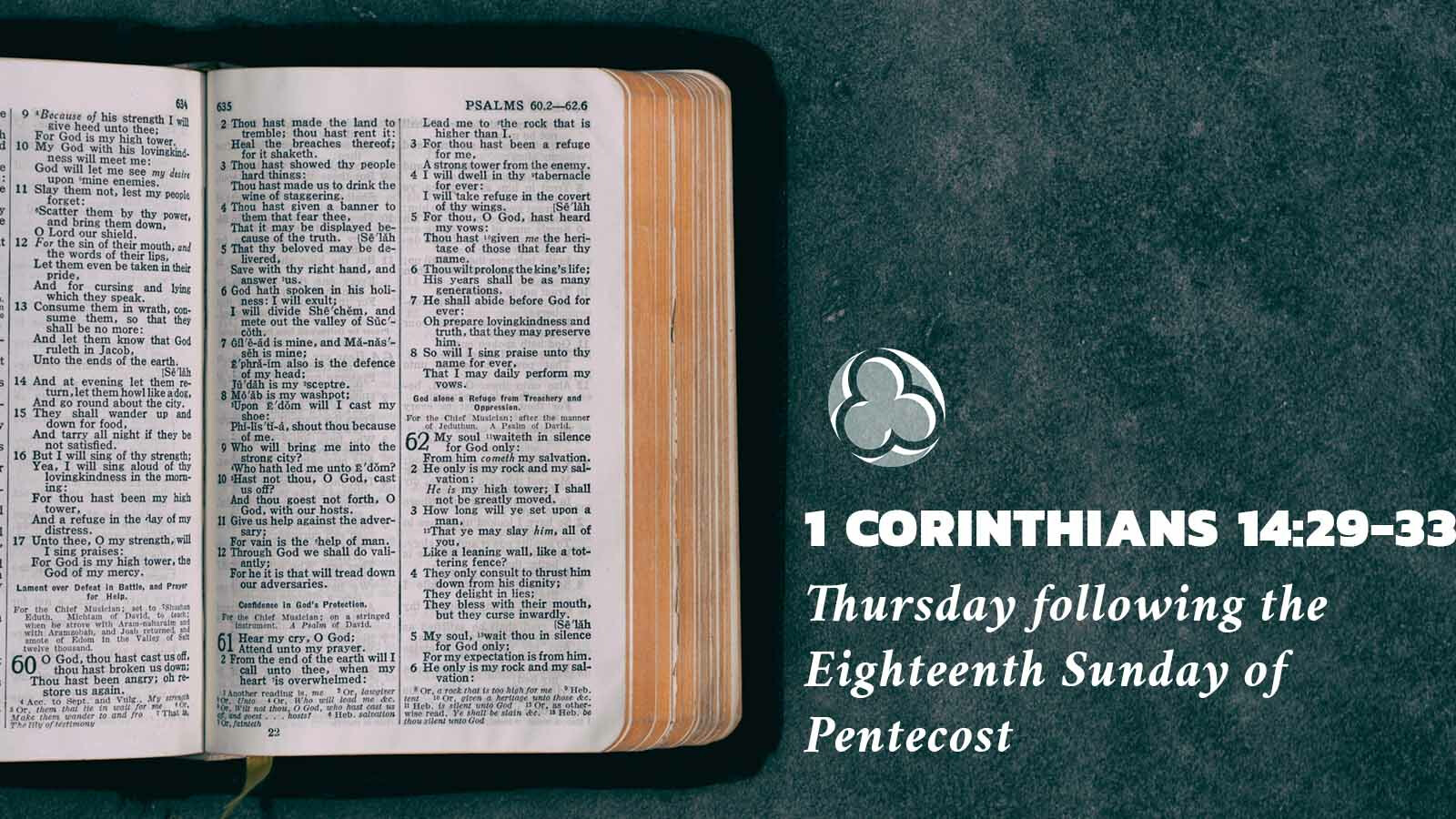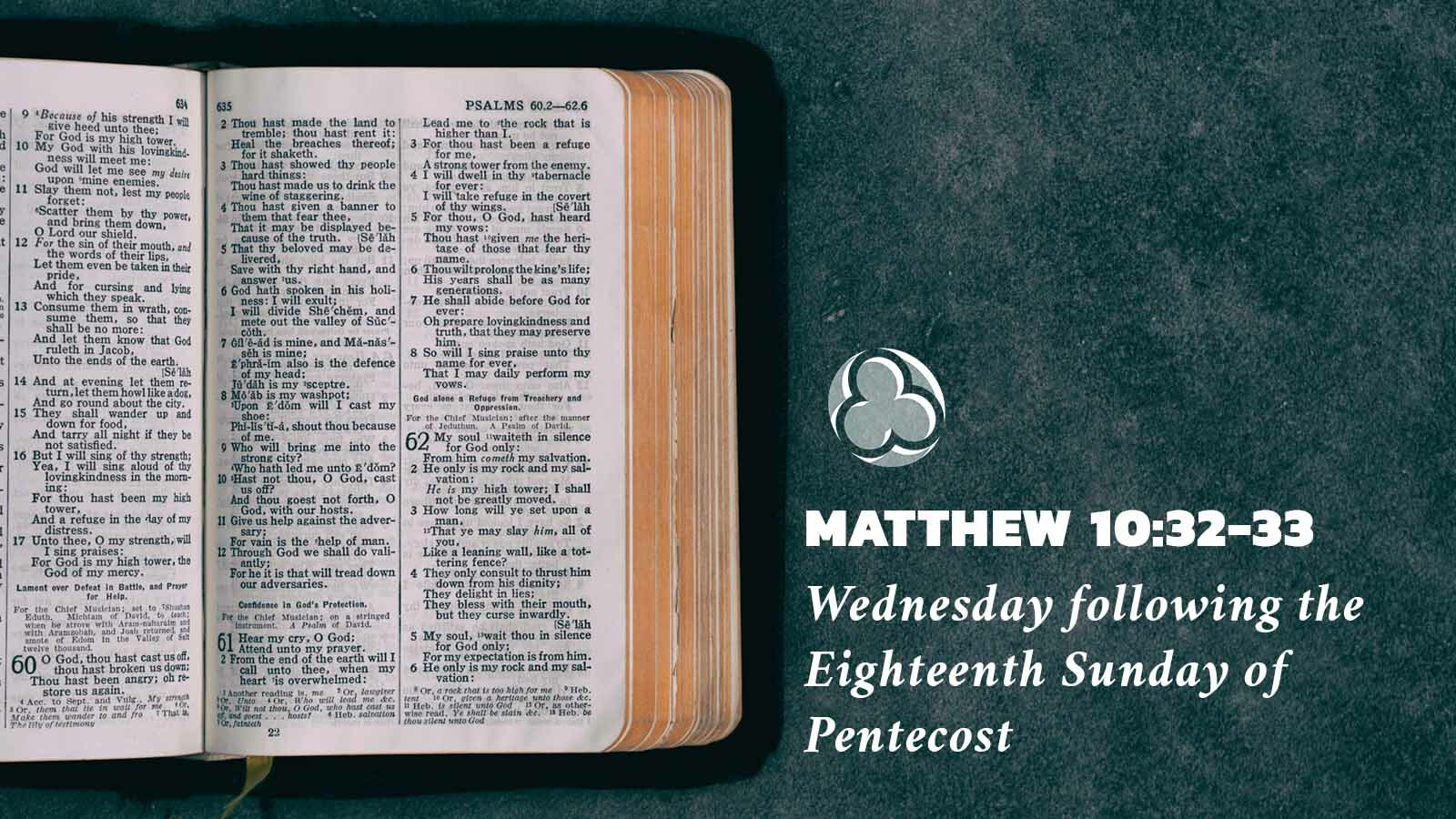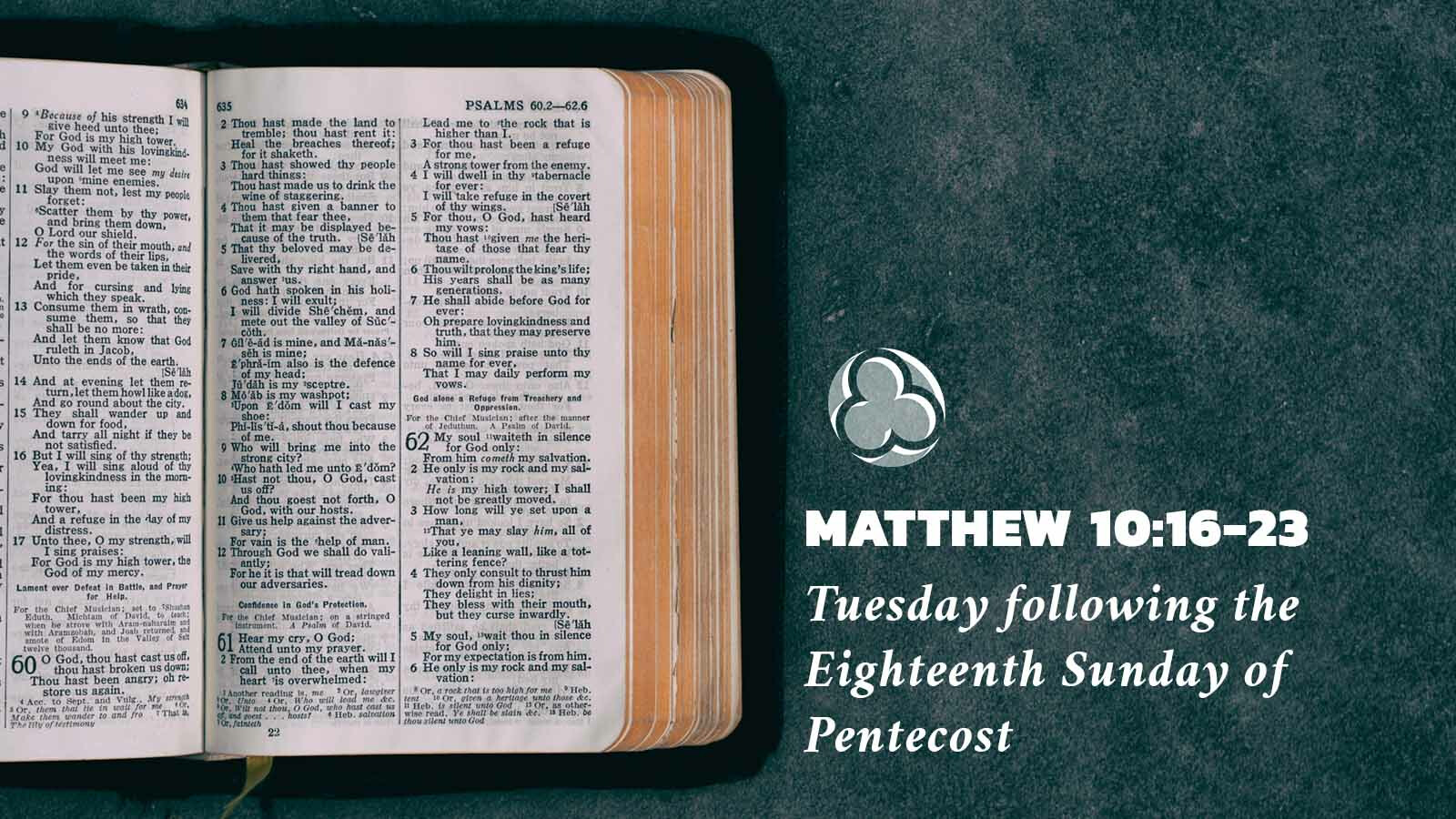
Let two or three prophets speak, and let the others weigh what is said. If a revelation is made to someone else sitting nearby, let the first person be silent. For you can all prophesy one by one, so that all may learn and all be encouraged. And the spirits of prophets are subject to the prophets, for God is a God not of disorder but of peace.
-1 Corinthians 14:29-33
I think of the spread of Christianity in the early years of the Common Era with awe and wonder. I am in a reading group that has spent three years reading Dante’s Divine Comedy. Believe me, this use of the word “comedy” in no way implies humor; instead, it means, I believe, that the ending is a happy one. It is not a tragedy. Writing in the early 14th century Dante expresses admiration for the Roman Empire which had created civil order and the infrastructure that made the spread of Christianity throughout the Mediterranean world possible. Many passages in the Inferno and Purgatorio, the first two books of the three-part Commedia, excoriate the medieval church for betraying Christ’s message. In Paradiso Dante, the pilgrim, introduces us to the great teachers of the early church. The Saints Peter, John, and Luke, as well as Saints Augustine, Francis, and Thomas Aquinas are depicted in blinding radiance as heavenly choruses sing.
It is much easier for me to imagine the early church in terms of congregations of everyday people in places like Corinth in southern Greece to understand Paul’s teaching. Although Dante admired the iron-fisted rule of the Roman Empire, historians know that it enforced order through brutality. The appeal of the early church was its teaching that Christians were to nurture and support one another and to practice humility, forgiveness, and generosity to prepare for a better kingdom after death. In this passage congregants moved by the Holy Spirit to prophesy are urged to listen patiently to one another, lest church gatherings become contentious and disrespectful. The practice of listening carefully to others is what the late priest William Barnwell modeled when he established Faith and Fiction at Trinity thirty plus years ago. As individuals we don’t ever have all the right answers, but as a group sharing our thoughts, we often develop great insights and create a caring fellowship as we search for meaning.
Musical Reflection - In Paradisum (Gabriel Fauré) - King's College Cambridge
Almighty God, you sent your Son Jesus Christ to reconcile the world to yourself: We praise and bless you for those whom you have sent in the power of the Spirit to preach the Gospel to all nations. We thank you that in all parts of the earth a community of love has been gathered together by their prayers and labors, and that in every place your servants call upon your Name; for the kingdom and the power and the glory are yours for ever. Amen.





Login To Leave Comment